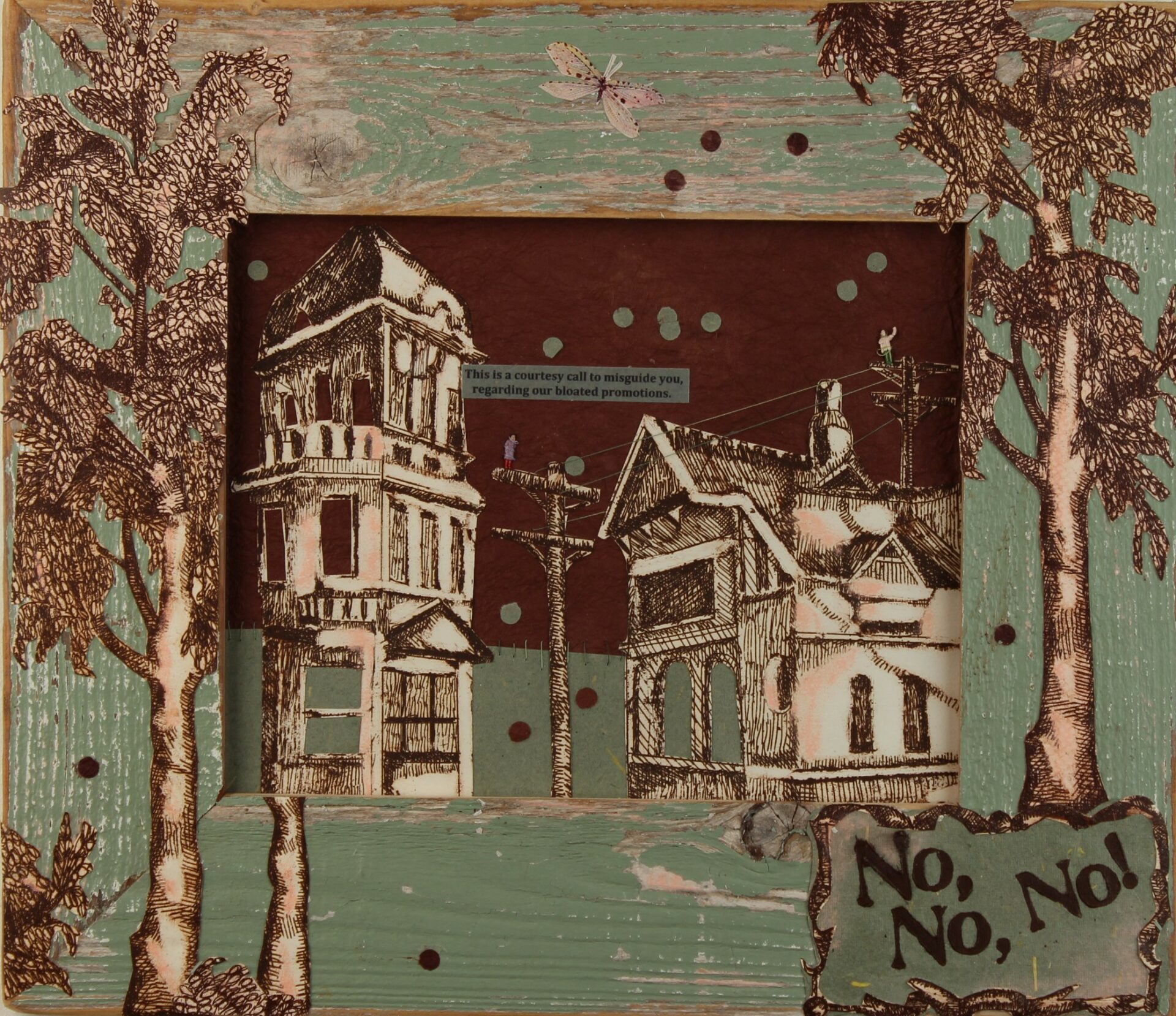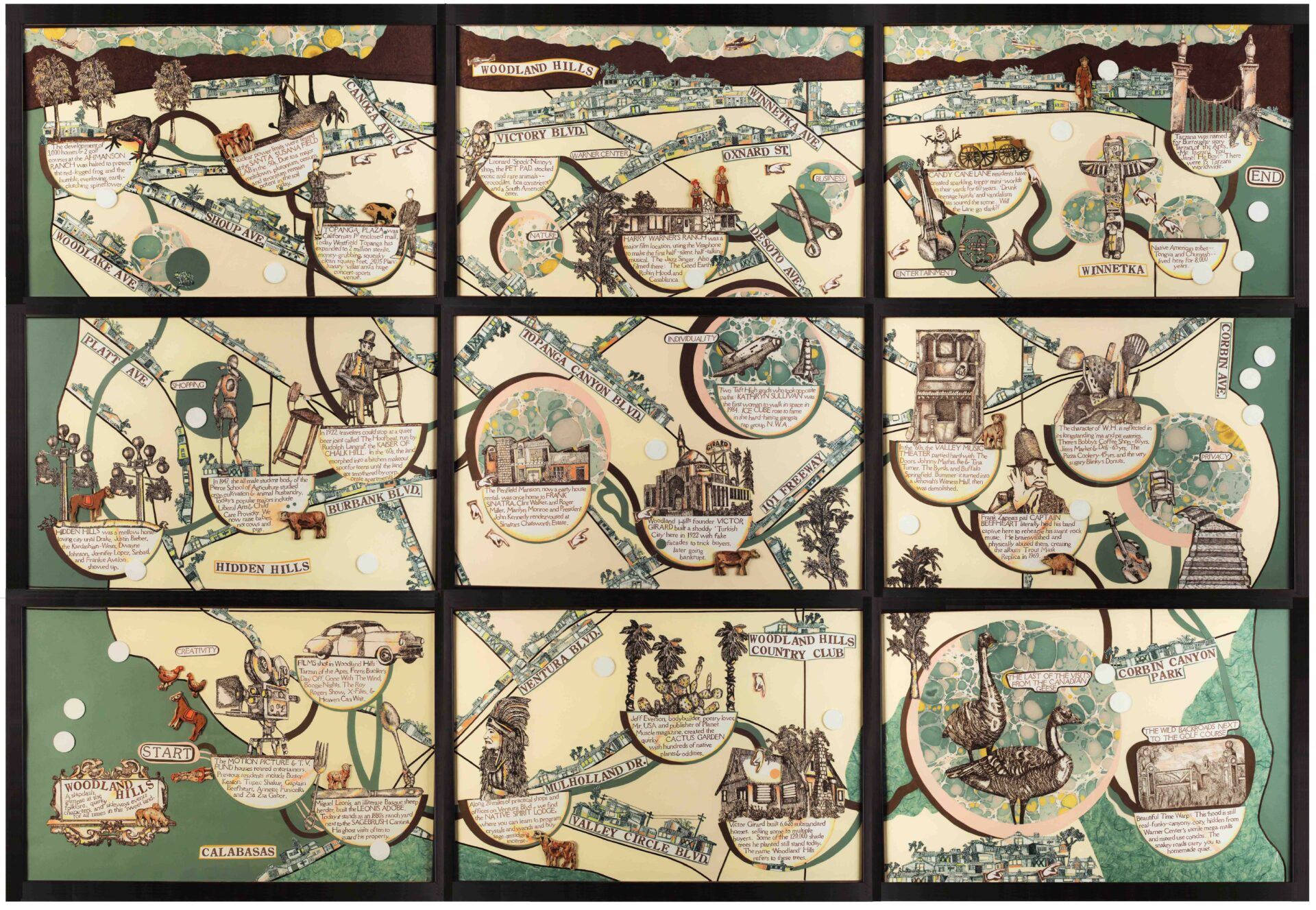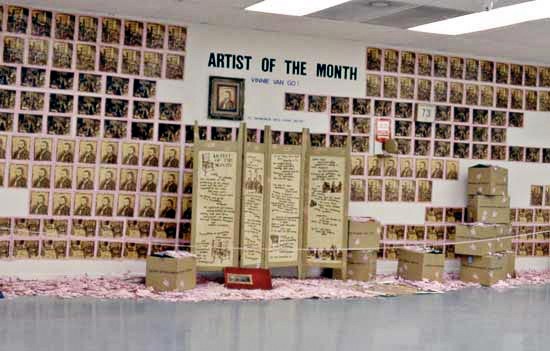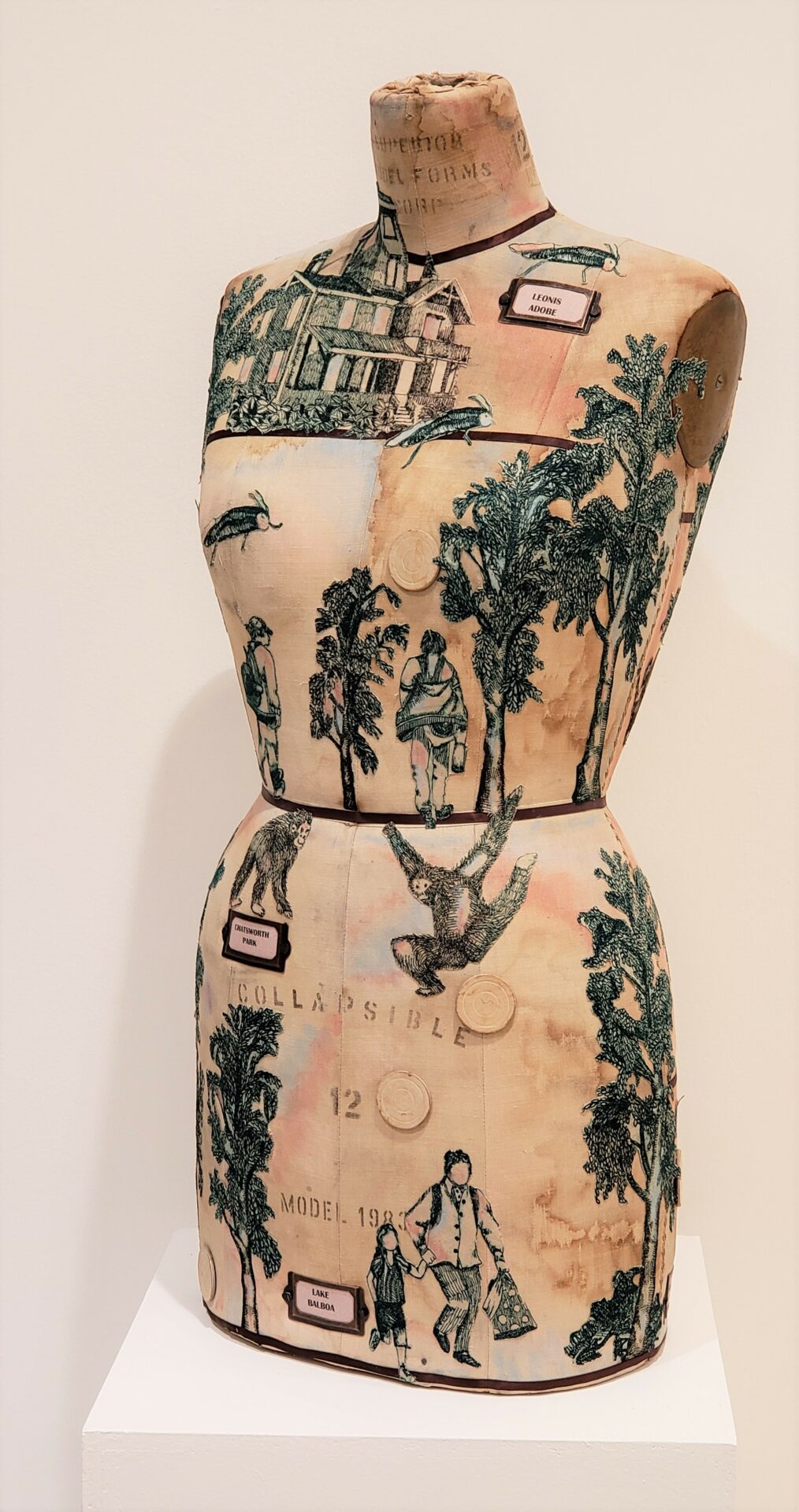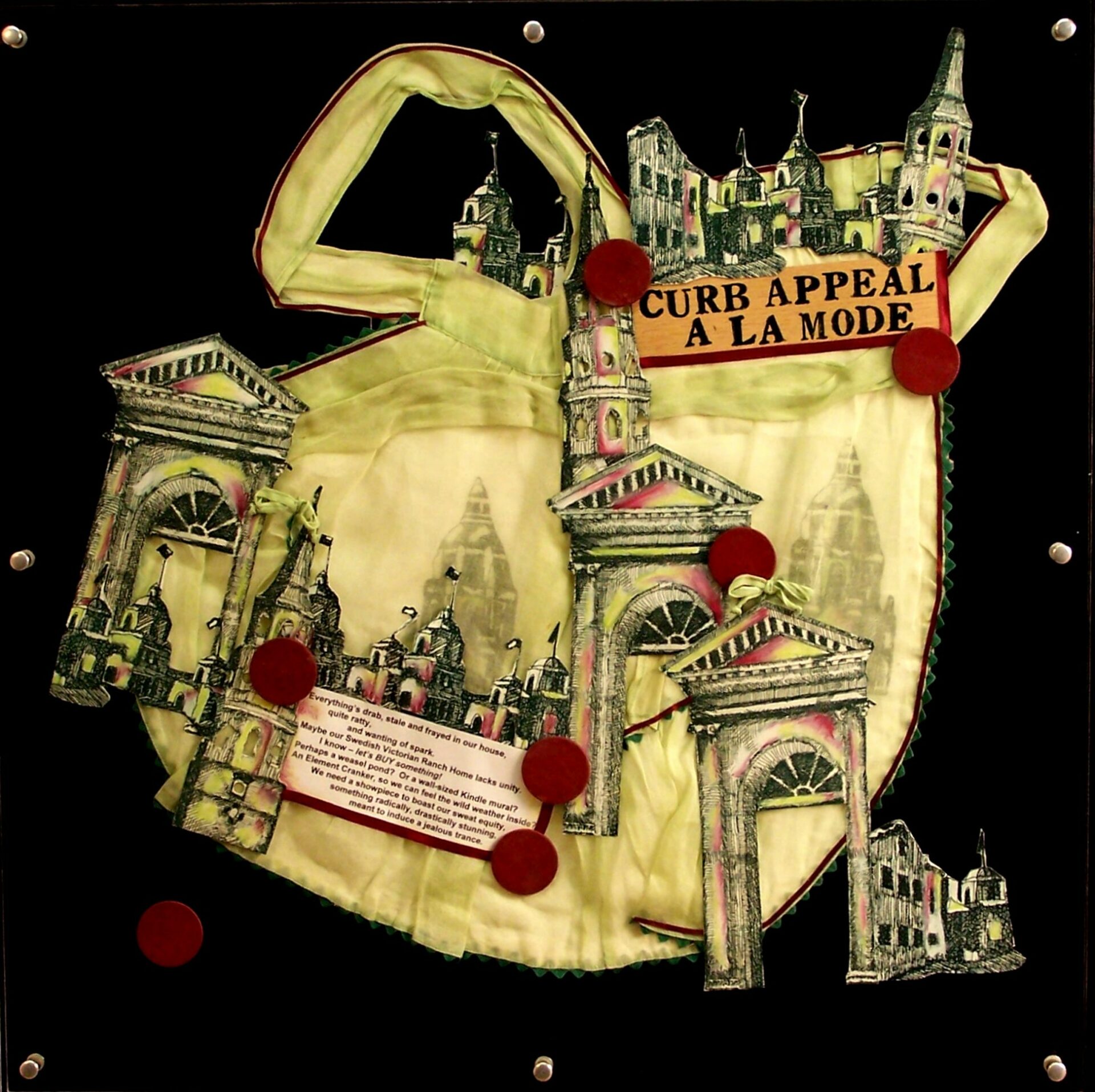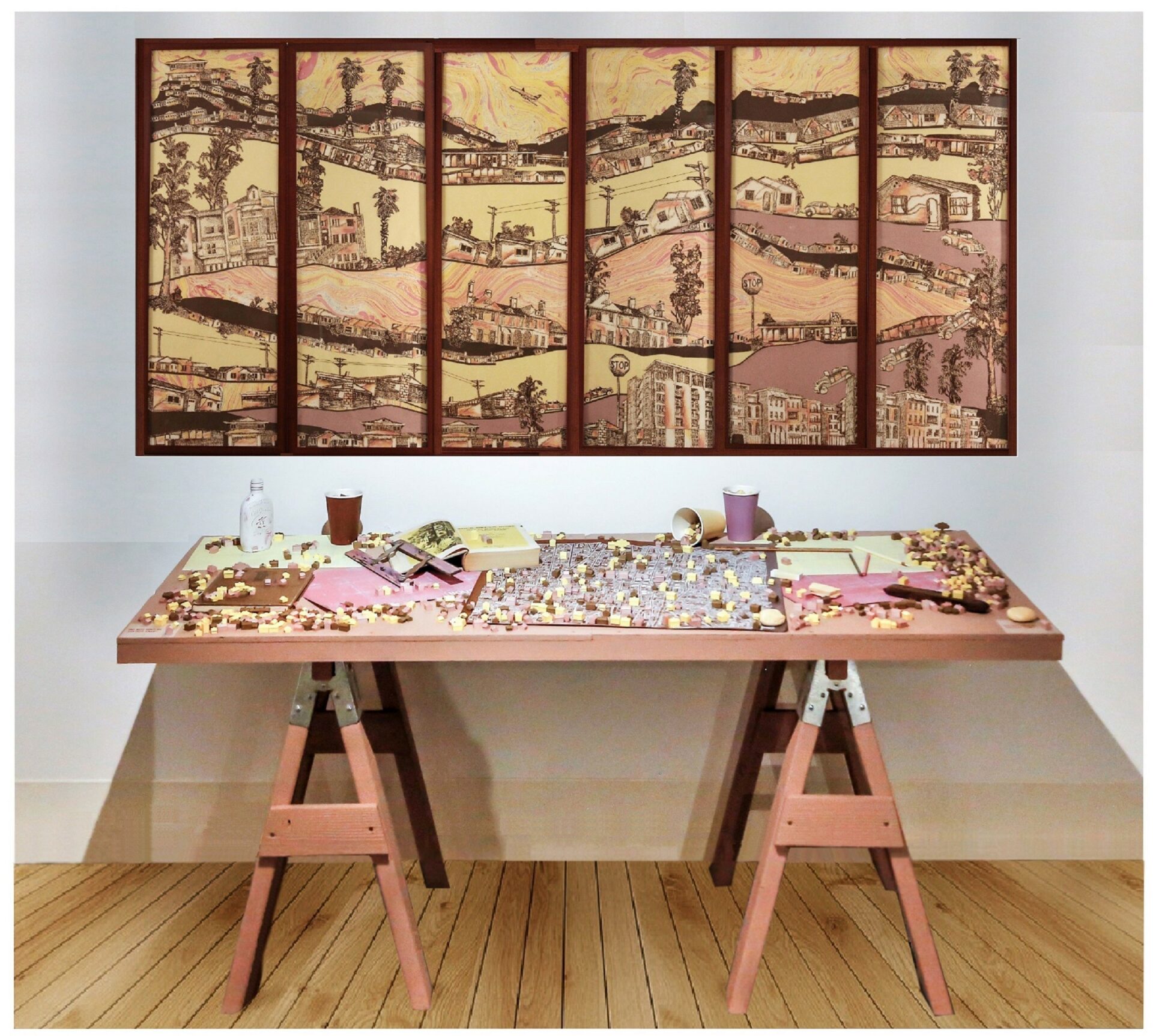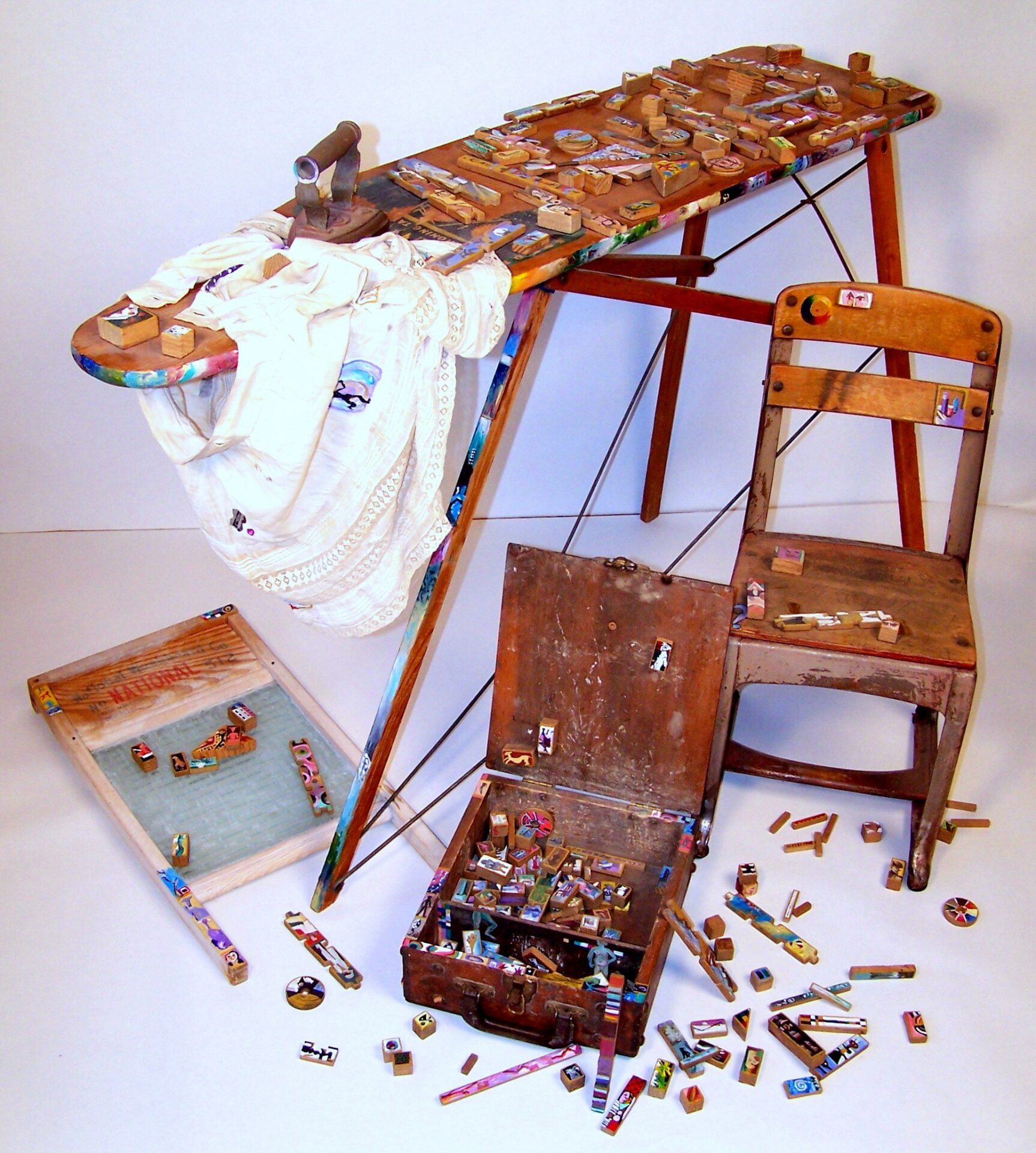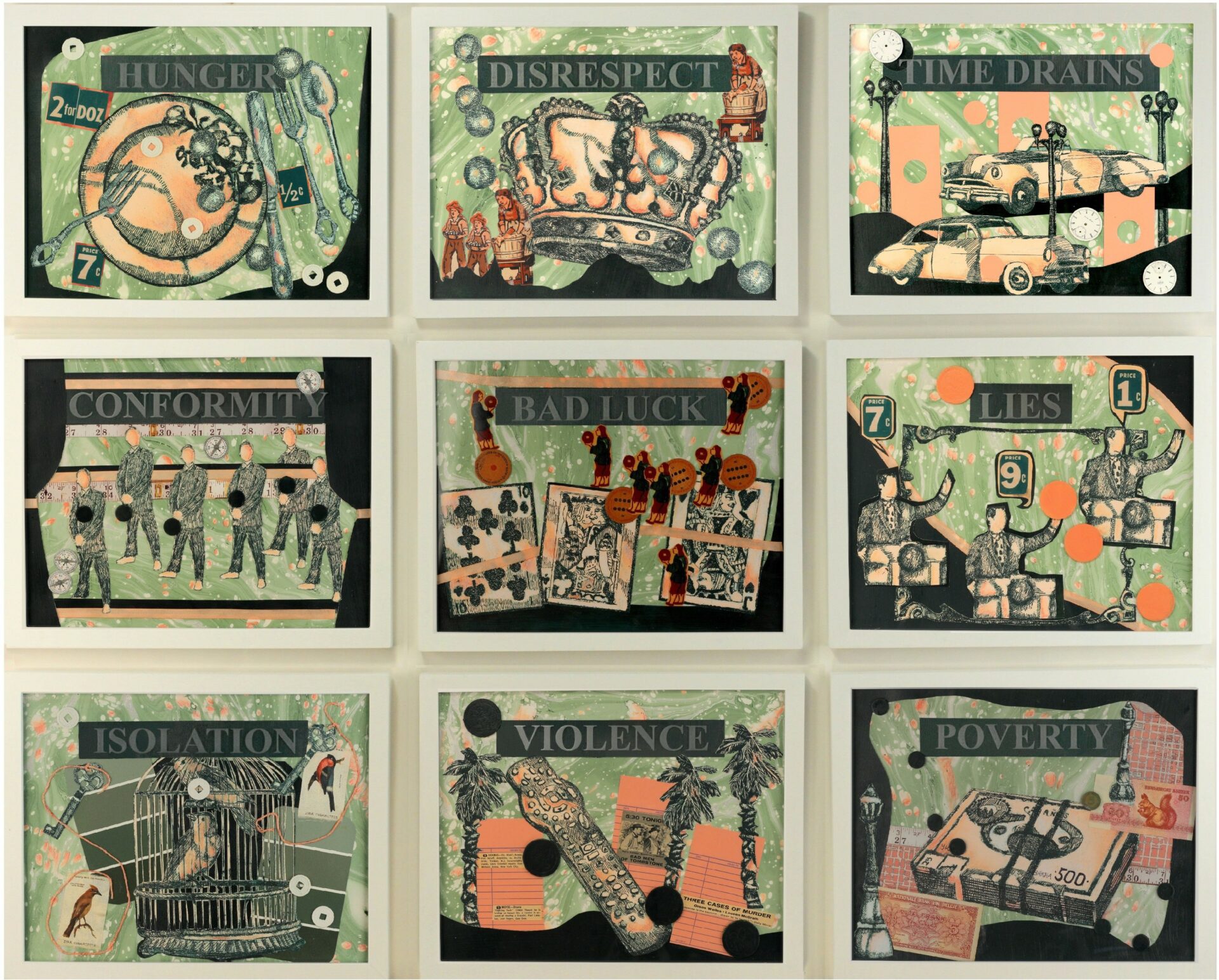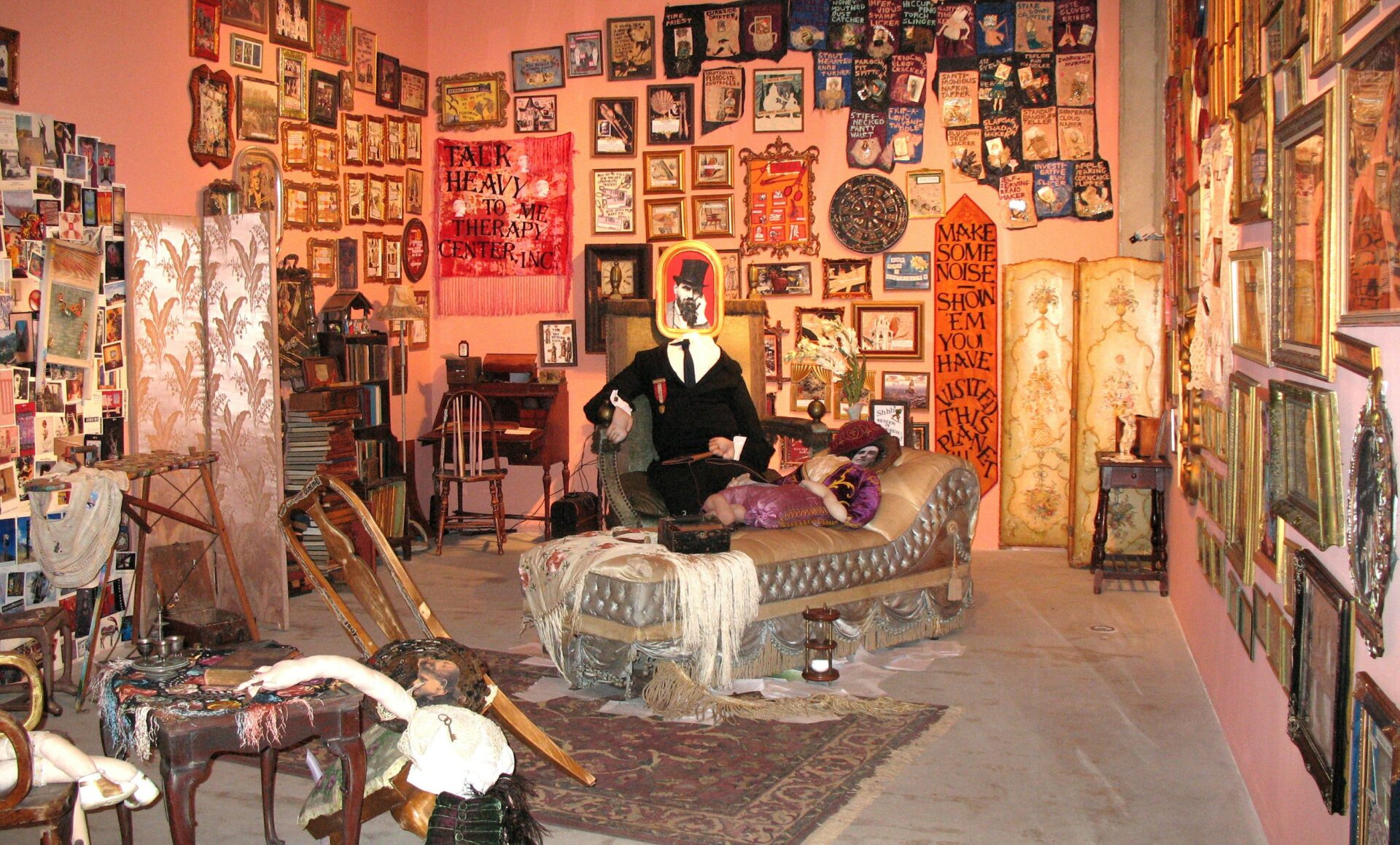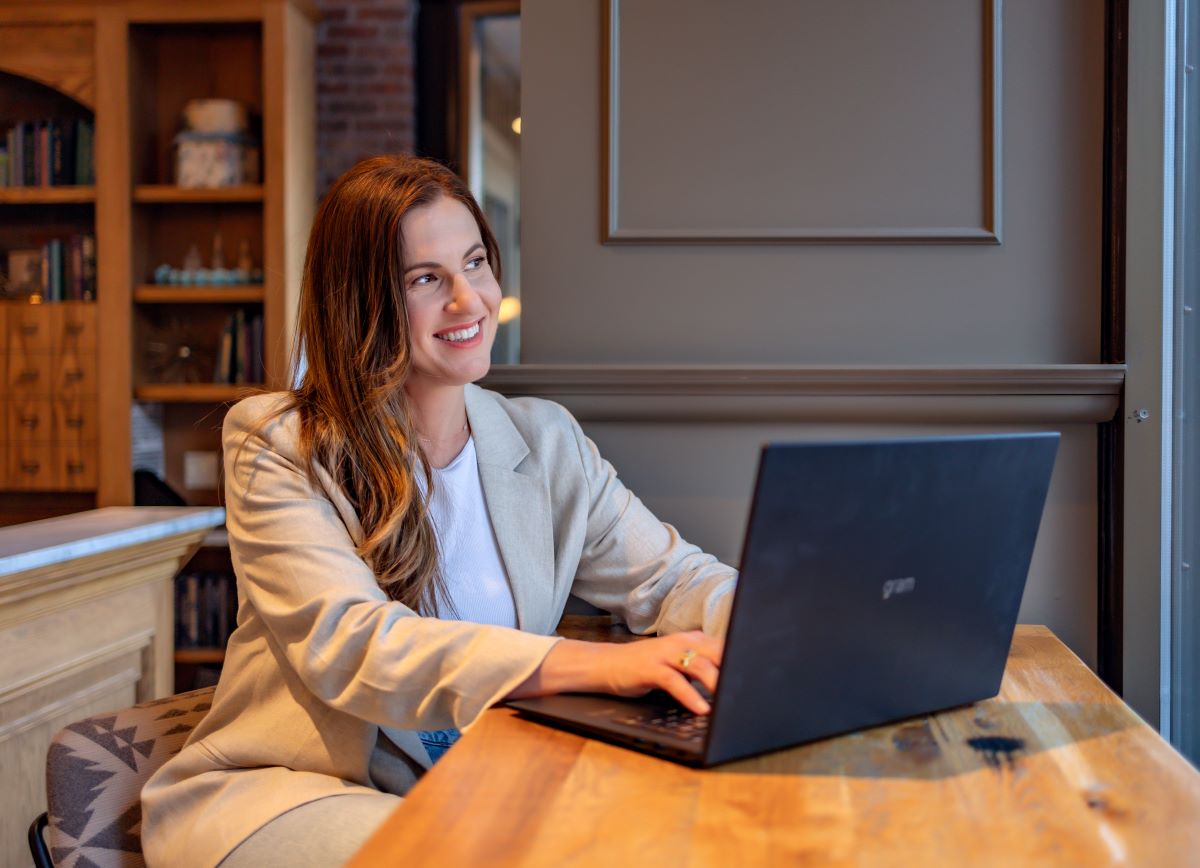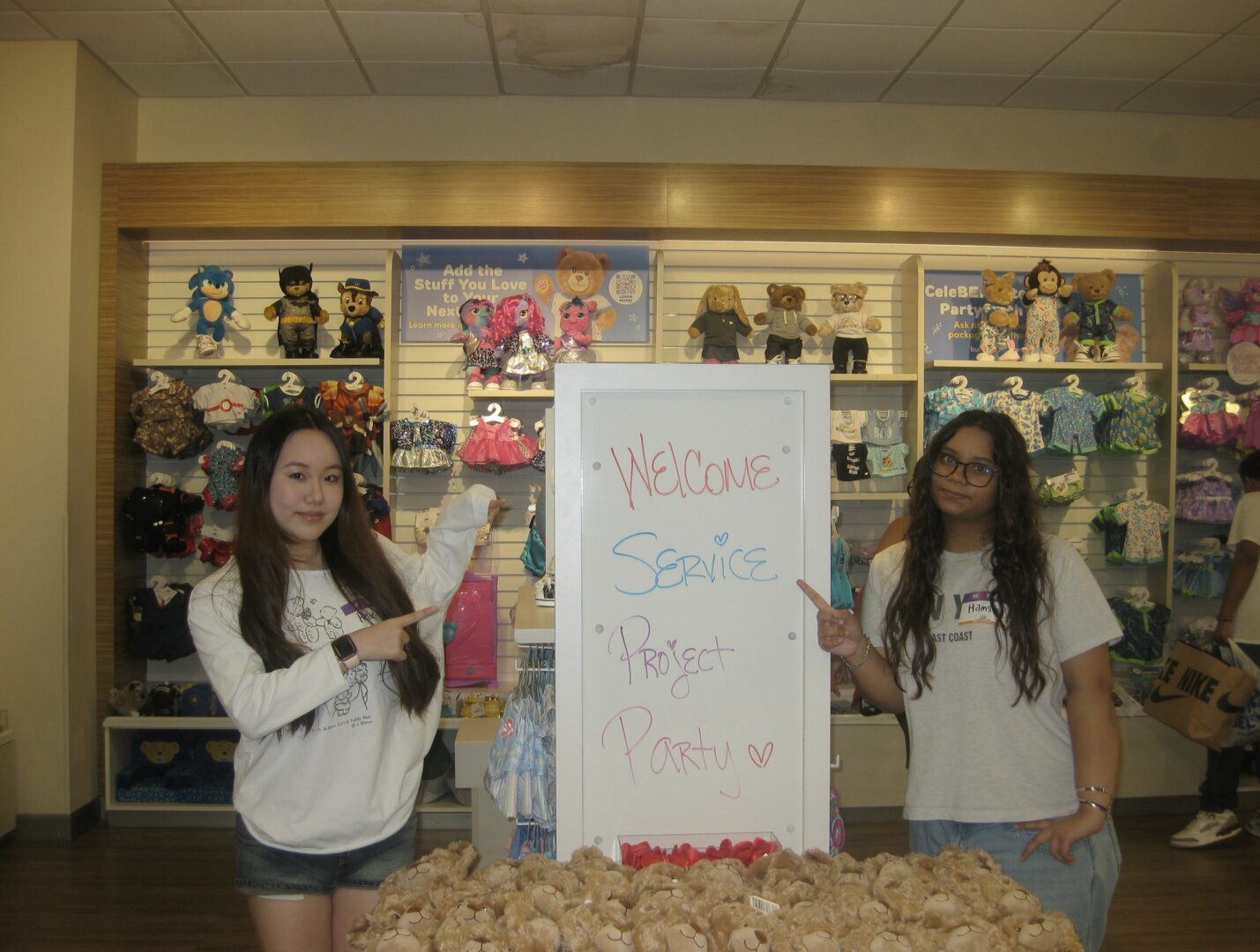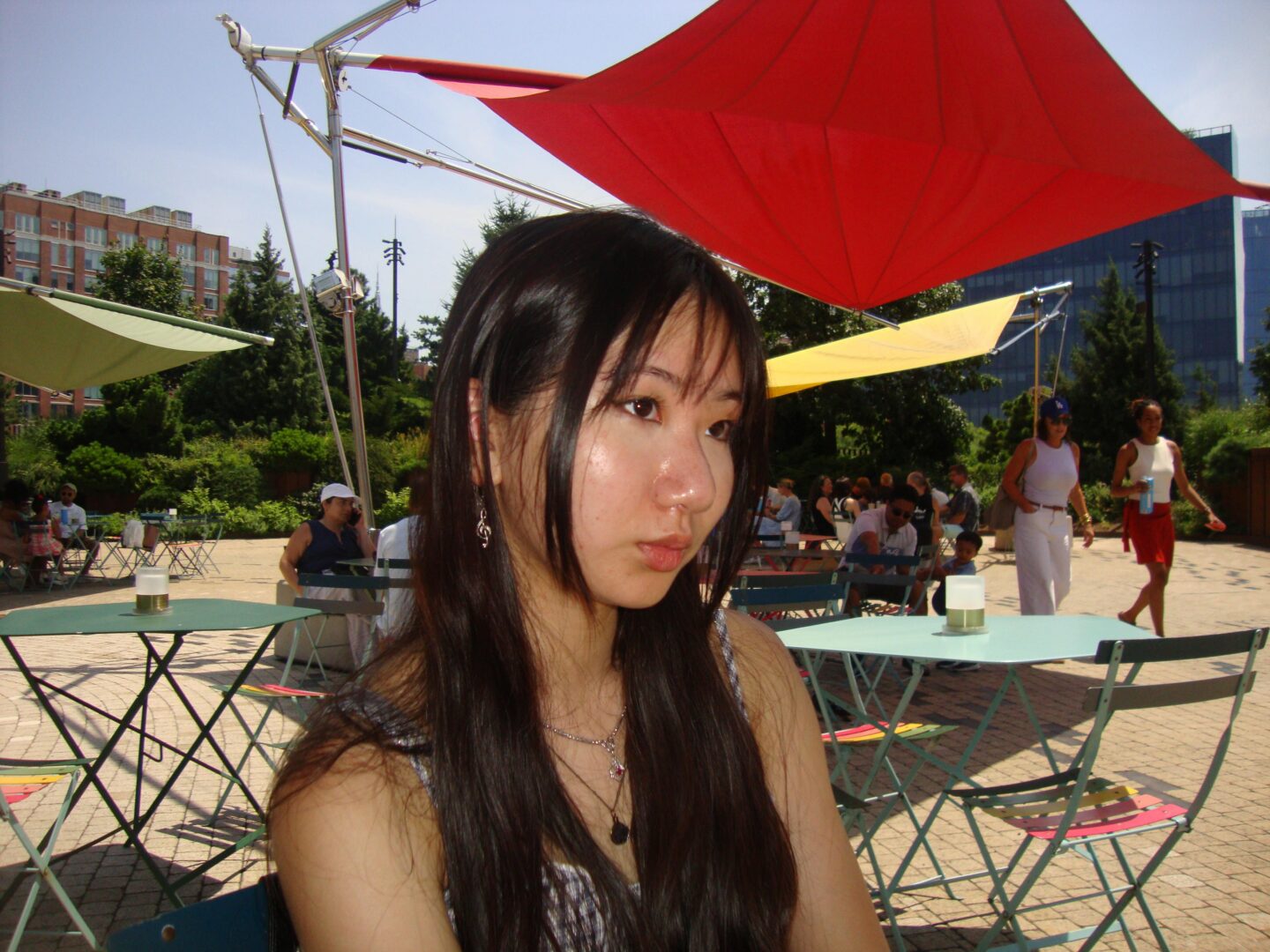We’re excited to introduce you to the always interesting and insightful Kathi Flood. We hope you’ll enjoy our conversation with Kathi below.
Hi Kathi, really happy you were able to join us today and we’re looking forward to sharing your story and insights with our readers. Let’s start with the heart of it all – purpose. How did you find your purpose?
“An old god, waiting for the rain to stop.” Marjorie Bruce, my high school Creative Writing teacher, raved on to our whole class about how poetically I wrote. I could not, however, take this praise to heart. It was a typo, a mistake! I meant to simply write, ‘an old dog’. But something in me gave this introvert a huge, although accidental, shot of confidence. A few years later, I found myself living in Germany during the Vietnam War, as I was married to a drafted soldier. With no friends or job, I found myself writing children’s books for my own amusement. I defined my work through an invented character and wrote a book about him: Mr. Flabber’s One Man Band. Analyzing him now, I see a guy who was self-sufficient, resourceful, and isolated. Mr. Flabber modeled my studio rat mentality, my work ethic.
My teaching career helped me to evolve into a storyteller, and my life adventures sparked a specific calling: Guerrilla Sociologist. I settled in here, where I can observe, digest, and describe how I see trends in group behavior in Los Angeles and beyond. Kinda like Mr. Flabber would have done it.
Great, so let’s take a few minutes and cover your story. What should folks know about you and what you do?
My work offers colorful narratives about urban life, much of it specific to Los Angeles. I categorize and comment on local issues such as traffic patterns, over-development, qualities that define a city, and the architecture of Los Angeles. I use sociology and psychology to consider contemporary issues such as telemarketers, surveillance, the complexity of modern life, relationships and communication, consumerism and excessive materialism, fashion, the evolution of media, politics, adjusting to the Electronic Age, the quality of our medical care, psychotherapy, the development of language, school cultures, and art marketing in Los Angeles. I make farcical, narrative assemblages, wallworks and installations that heroicize the sweaty, vulnerable, fumbling, stuttering, impulsive aspects of humanity in the face of corporate globalization and its resultant dehumanizing effects. I chew on issues that threaten our self-reliance, such as surveillance, demographic over-quantification and standardization. I work tongue-in-cheek, and employ worthy objects, objects with a rugged complexion and empathetic potential.
Looking back, what do you think were the three qualities, skills, or areas of knowledge that were most impactful in your journey? What advice do you have for folks who are early in their journey in terms of how they can best develop or improve on these?
ADVICE TO FUTURE CREATIVES: 1-IMMERSE YOURSELF IN CREATIVE CULTURE: I returned to LA from a decade in Seattle in 1980, a divorced, single parent with no pals or art community whatsoever. I decided to earn my way into the art world by gobbling up as much culture as I could. Any expression, any media, any performance style – I’m THERE! Art receptions, workshops, bands, museums, car shows, artists’ autobiographies, getting an MFA in Studio Art, accruing arty friends, film, flea markets, travel. Go go go, catch up from a long dormant period, write it up in my journal, and eventually emulate creatives until I earned my identity. And that’s my advice to students, beginners, and future creatives: go go go, see it all.
2-LEARN DIVERSE METHODS OF HANDWORK SO THAT YOU CAN EXPRESS YOURSELF FREELY: My grandpa was a tailor. As an immigrant, his job was to get trousers from a factory, sew in the zippers, throw them over his arm and march back to the factory. Mom taught me to make all my own clothes. I learned ‘women’s handwork’ as they used to call it: shorthand for secretaries, origami, cooking, gardening, knitting, embroidering, weaving, and diverse art media from mezzotint printmaking to clay dirt-bombs.
3-LEARN EVERYTHING YOU CAN ABOUT CREATIVITY: This will introduce you into a world of non-conformity, risk, and a certain amount of vulnerability. As Sister Mary Corita Kent said, ‘there’s no win and no fail, only make’. Put on blinders and develop your own visual language. I used to want to work slick until I saw the glory in the funk.
As we end our chat, is there a book you can leave people with that’s been meaningful to you and your development?
Dear Theo by Vincent Van Gogh is THE book in my life. His descriptions of the beauty in nature, people, and his own receptive mind hit me bigtime when I first read it in my 20s. The intensity he exhibited in these letters to his brother and the laser-focused urgency with which he approached his paintings was contagious for me. The hardships in his life, his inability to be a part of the mainstream world, and the privacy of his musings inspired me greatly. “I do not intend to spare myself nor avoid any difficulties” struck a big ole juicy chord in my heart as I was having tough times the first time I read it. As one friend recently said to me, ‘I like when things are hard. Easy is boring.’ Now, thanks to Vincent, I understand more about artistic intensity and the ability to keep promises to myself.
Contact Info:
- Website: kathiflood.com
- Instagram: kathiflood
- Facebook: Kathi Flood
